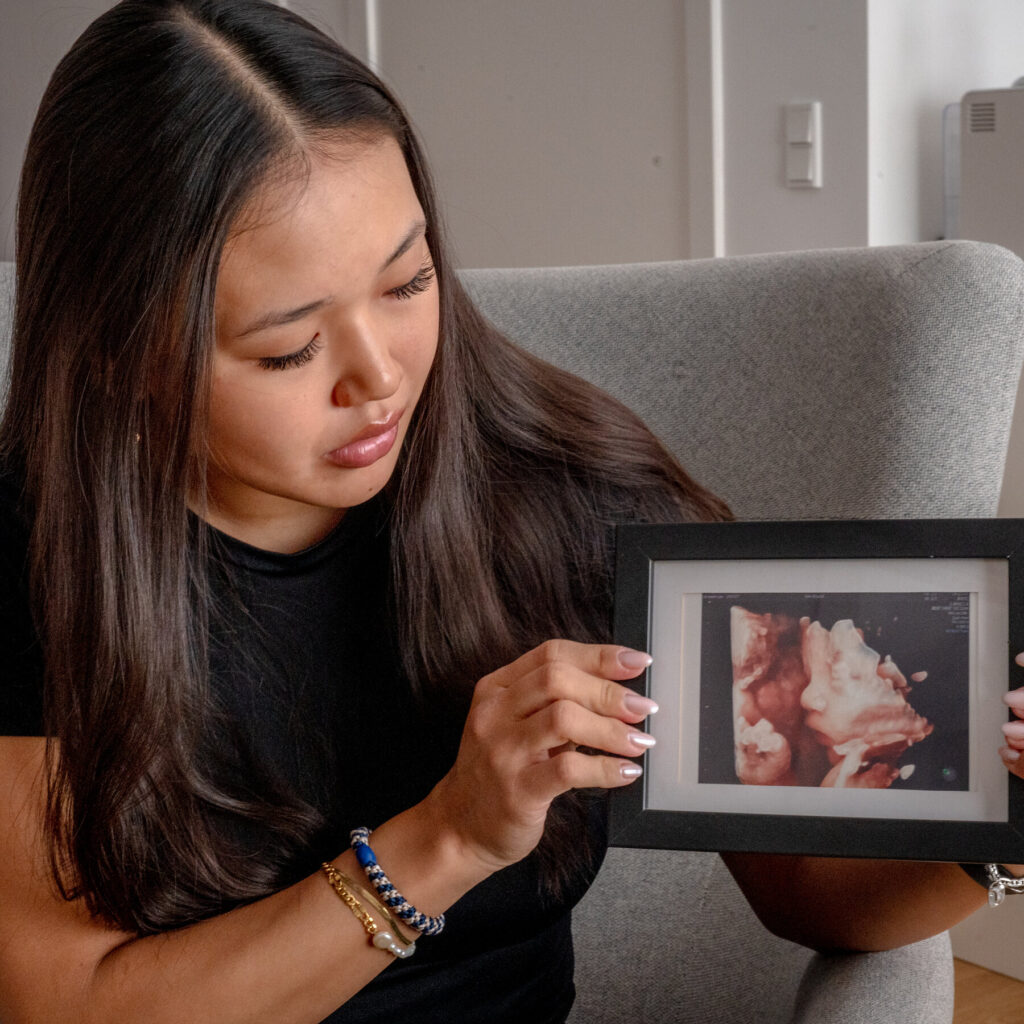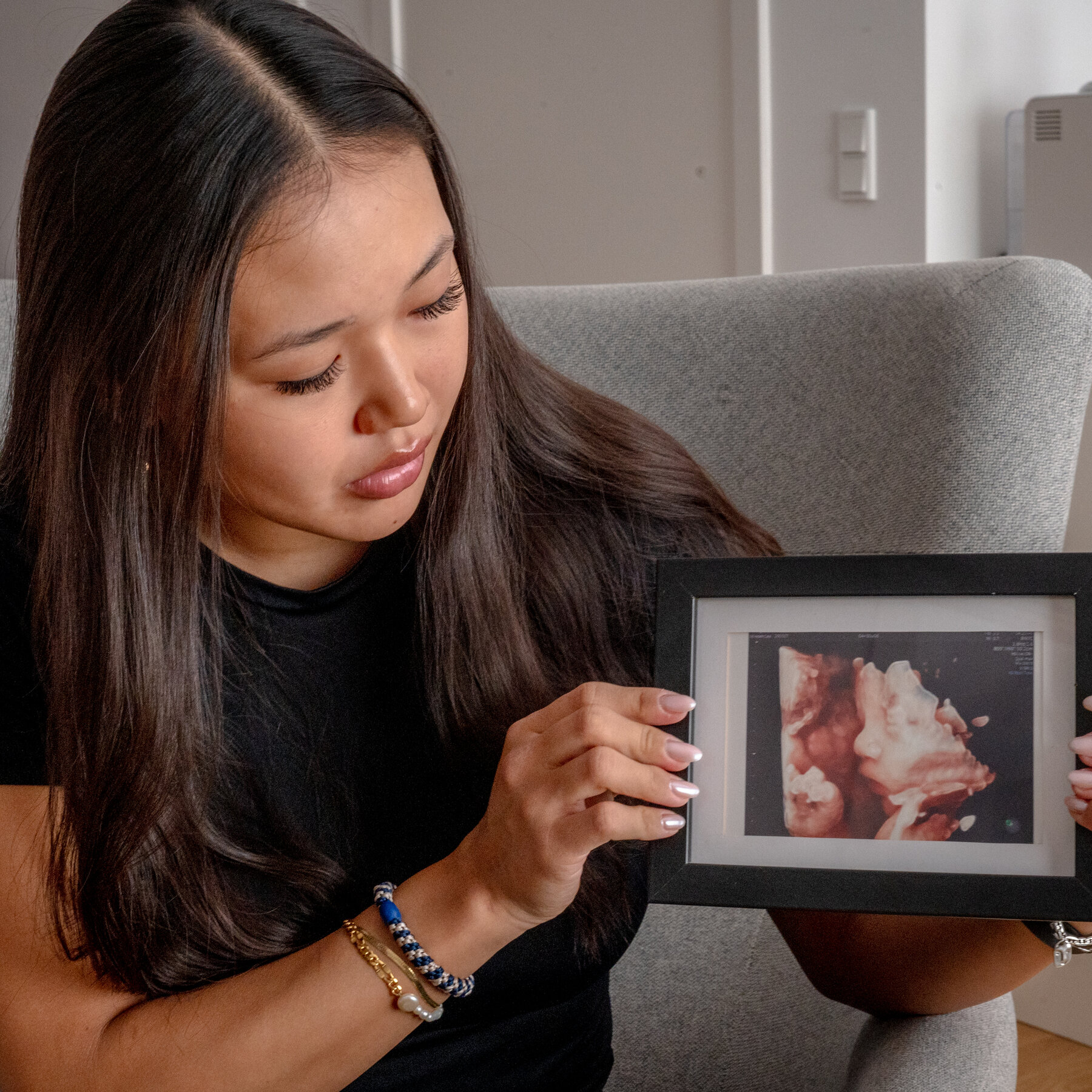Greenlandic Woman Wins Her Baby Back in Denmark
Greenlandic Woman Wins Her Baby Back in Denmark

A young Greenlandic woman living in Denmark will regain custody of the infant girl taken from her shortly after birth. The case has become the latest flashpoint between Denmark and Greenland.
Read the full article on NY Times World
Truth Analysis
Analysis Summary:
The article appears mostly accurate based on the provided sources, with the central claim of a Greenlandic woman regaining custody of her child supported. However, the framing of the case as a "flashpoint" suggests a potential bias, and some details lack specific verification. The sources highlight concerns about discriminatory parenting tests targeting Inuit women in Denmark.
Detailed Analysis:
- Claim: A young Greenlandic woman living in Denmark will regain custody of the infant girl taken from her shortly after birth.
- Verification Source #1: Confirms a Greenlandic mother separated from her child due to a now-banned assessment. Implies she is fighting to get her child back.
- Assessment: Supported. Source 1 confirms the core claim, although it doesn't explicitly state she *will* regain custody, it implies a fight to do so.
- Claim: The case has become the latest flashpoint between Denmark and Greenland.
- Assessment: Unverified. None of the provided sources directly confirm this claim. It suggests a broader political context, which may be accurate but requires further verification.
- Claim: The child was taken from her shortly after birth.
- Verification Source #5: Mentions the case of Keira Alexandra Kronvold, who had her newborn child taken away.
- Assessment: Supported. Source 5 mentions a similar case where a newborn child was taken away from a Greenlandic mother.
Supporting Evidence/Contradictions:
- Source 1: '...her care following a now-banned assessment that disproportionately targets Inuit women in Denmark. Will she win the fight to get Zammi back?'
- Source 2: A passage from her case file states that her “Greenlandic background, where even small facial expressions have communicative significance,” would make it…

